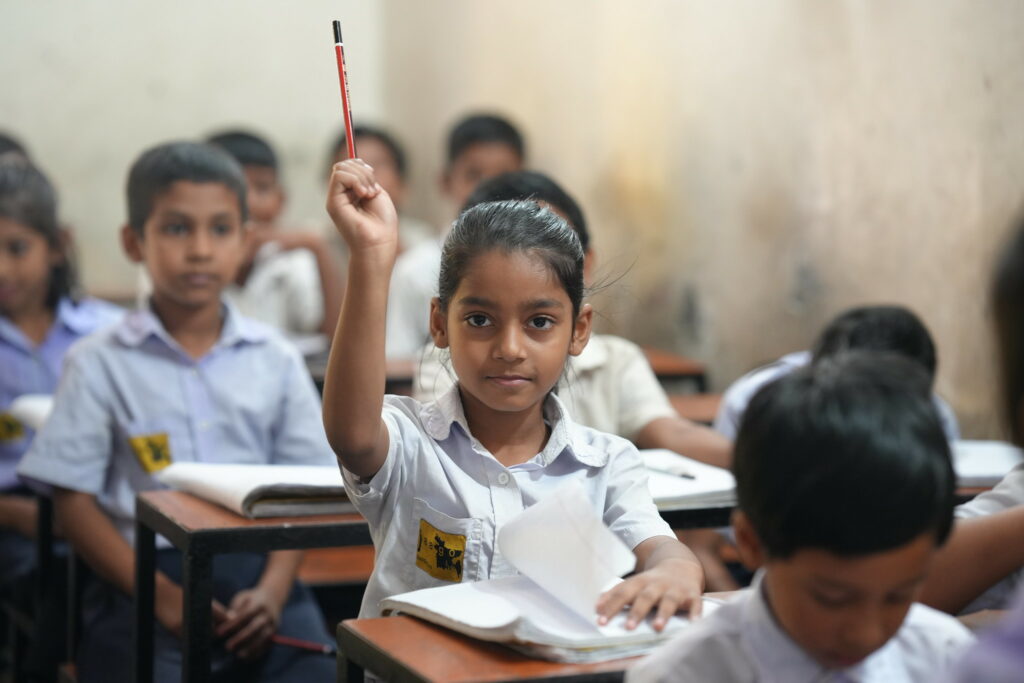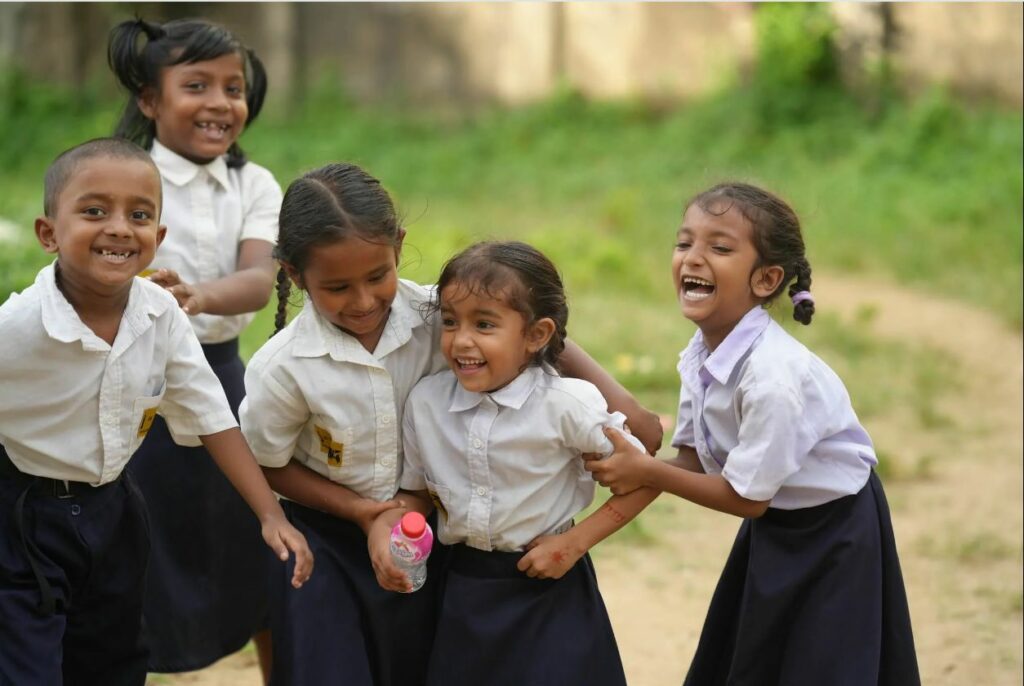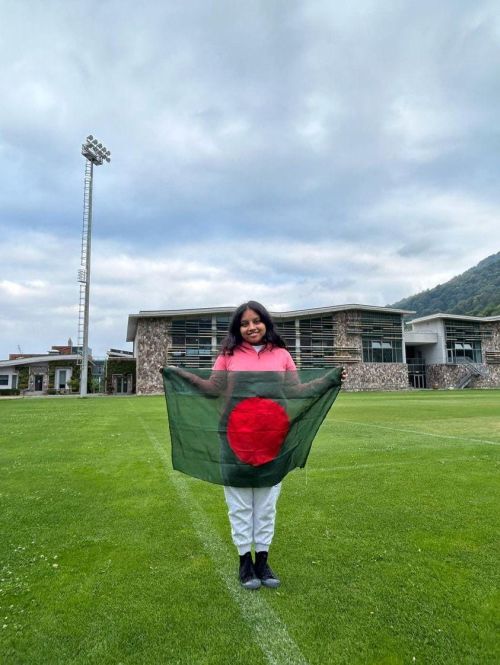A guest post by JAAGO FOUNDATION.
Female education is a vital tool for societal progress, serving as the blueprint for sustainable and inclusive development. It empowers women with knowledge and skills, fostering economic independence and breaking the cycle of poverty. It promotes gender equality and social development by challenging traditional gender roles and enabling women to be active contributors to society. In essence, female education is a catalyst for positive change, ensuring a brighter and more equitable future for all.
Barriers to Education:

Women in Bangladesh face several obstacles to education, impeding their access to quality learning opportunities. These barriers include-
Social and Cultural Norms: Deep-rooted gender stereotypes and cultural norms often restrict girls’ and women’s access to education. Traditional expectations of girls’ roles within the family and society can deter parents from investing in their daughters’ education.
Economic Constraints: Poverty remains a significant barrier. Many families in Bangladesh struggle to afford basic necessities, let alone the cost of education. This financial burden disproportionately affects girls’ access to schooling.
Distance and Transportation: In rural areas, schools are often located far from homes, and the lack of reliable transportation options can make attending school a logistical challenge, particularly for girls.
Early Marriage: Early marriage is a prevalent issue in Bangladesh, with girls frequently facing pressure to get married at a young age. This phenomenon is influenced by a complex interplay of societal and religious norms, economic hardships, and a preference for male children.
Child Labor: Child labour is a bitter reality in Bangladesh. Girls are often required to work to support their families, which takes them away from schools and limits their educational opportunities.
Lack of Sanitation Facilities: Many schools lack adequate sanitation facilities, including separate toilets for girls, which discourages female attendance, especially as they reach puberty.
Safety Concerns: Safety issues on the way to and within schools, particularly for adolescent girls, can deter them from pursuing an education. Concerns about harassment or violence are significant barriers.
Quality of Education: Even when girls have access to schools, the quality of education may be subpar, limiting their learning opportunities and future prospects.
Creating an Impact:
JAAGO Foundation has been working to mitigate these barriers and pave the way for a better and brighter future for female students, especially students from marginalised communities. To help young learners thrive, we have taken numerous initiatives, such as-
Free of Cost School: JAAGO Foundation School has been offering free-of-cost education to the underprivileged children of Bangladesh. Through our 11 schools across the nation, we have been changing the lives of thousands of female children with the power of education.
Quality Education: JAAGO Foundation Schools follow an English primary NCTB-approved curriculum that improves the communication skills of our students and increases their chances of getting foreign scholarships.

Extracurricular Activities: To improve the physical and mental health of our students, we always encourage them to participate in extracurricular activities like painting, singing, dancing, debating, etc. Such activities leave a long-lasting impact on the cognitive development of the children and prepare them for the real world.
Nutritious Food: In Bangladesh, many girls endure malnutrition due to the misconception that they require less food than boys. This misconception deprives them of the essential nutrients vital for their growth. JAAGO Foundation strives to address this issue by providing these girls with nutritious daily meals, ensuring their overall well-being and good health.
Menstrual Health Training: We recognise the importance of menstrual health, and hence, to address the issue, we arrange training programs to educate our students and break the taboo around the topic. The school also provides the girls with menstrual health hygiene kits.
Gender Equality Training: To mitigate gender stereotypes and lead to a more just and inclusive society where everyone can thrive, free from discrimination and prejudice, we provide our students with gender equality training. Embracing gender equality benefits not only women but also contributes to the overall social and economic advancement of a nation.
Success Story:

We have come a long way in our mission to create a bias-free, equal society with the power of education, and the biggest example of this is Tamanna, a 17-year-old meritorious student from JAAGO Foundation School, who has been granted a fully funded scholarship at United World College, Dilijan, Armenia.
The scholarship was facilitated by the International Baccalaureate Diploma Program, a two-year educational program primarily aimed at 16-to-19-year-olds in 140 countries worldwide. The program provides internationally accepted qualifications for entry into higher education and is recognised by many universities worldwide.
Coming from a marginalised community, Tamanna never thought a girl like her, who lives in the slums, would get such an opportunity. But with the power of quality education and support from people committed to driving positive change, she has achieved this remarkable accomplishment.
Tamanna’s achievement embodies the dreams of thousands of girls whose lives we are changing through our initiative. And as we move forward, we want to help more girls reach their full potential.
Sponsor a child program
Children of Mekong and JAAGO Foundation run sponsorship programmes to provide access to education to girl children. By sponsoring a child, one can give underprivileged children a chance at a brighter tomorrow.
